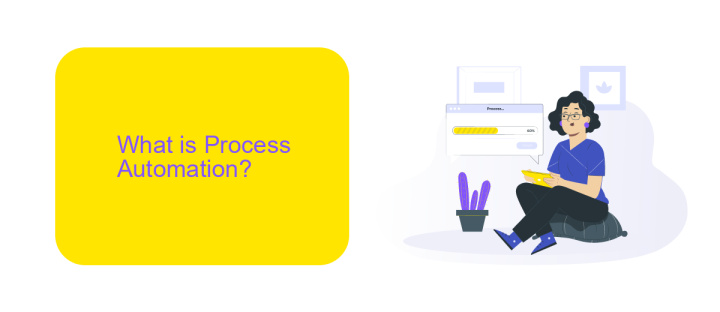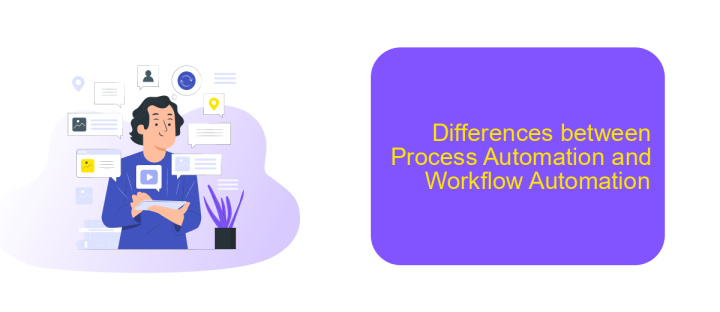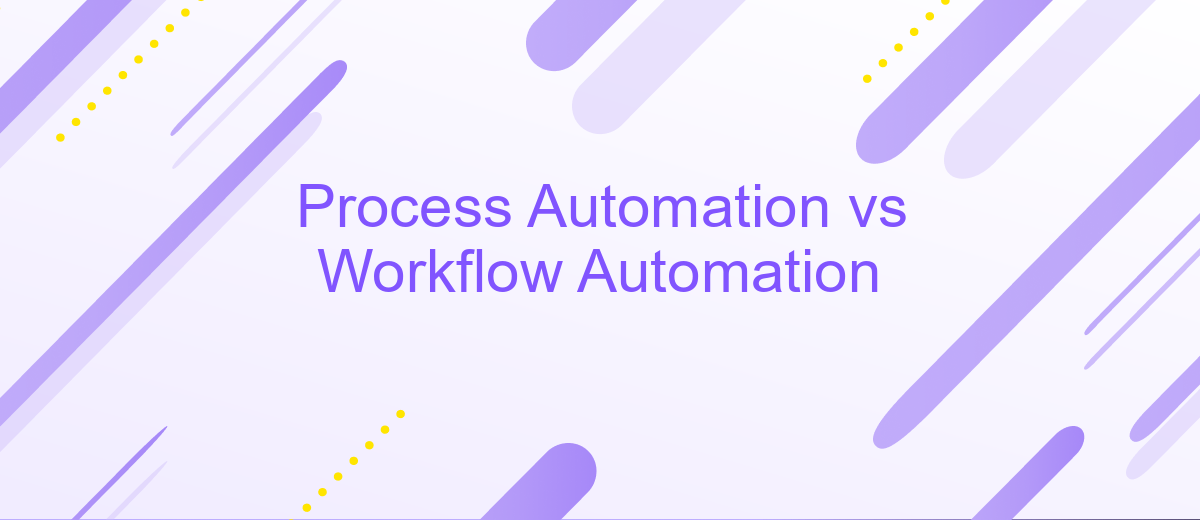Process Automation vs Workflow Automation
In the rapidly evolving landscape of business technology, understanding the distinctions between process automation and workflow automation is crucial. While both aim to enhance efficiency and reduce manual effort, they serve different purposes and operate in unique ways. This article delves into the core differences, benefits, and applications of process automation versus workflow automation, helping you make informed decisions for your organization.
Introduction
In the rapidly evolving landscape of business operations, the distinction between process automation and workflow automation is becoming increasingly significant. Both methodologies aim to enhance efficiency, reduce human error, and streamline operations, but they differ in scope and application. Understanding these differences is crucial for businesses looking to optimize their operations effectively.
- Process Automation: Focuses on automating entire processes from start to finish, often involving multiple systems and departments.
- Workflow Automation: Targets the automation of specific tasks within a process, usually within a single department or system.
Choosing between process automation and workflow automation depends on your organization's specific needs and goals. For instance, ApiX-Drive is an excellent tool for setting up integrations that facilitate both types of automation, enabling seamless data flow and task management across various platforms. By leveraging such tools, businesses can achieve a higher level of operational efficiency and effectiveness.
What is Process Automation?

Process automation refers to the use of technology to perform repetitive tasks or processes in a business where manual effort can be replaced. This technology leverages software tools and applications to automate routine activities, reducing the need for human intervention. The primary objective is to streamline operations, increase efficiency, and minimize errors. By automating processes, businesses can save time, reduce costs, and enhance productivity, allowing employees to focus on more strategic tasks.
One of the key aspects of process automation is the integration of various systems and applications to work seamlessly together. Services like ApiX-Drive facilitate this integration by enabling different software tools to communicate and share data effortlessly. ApiX-Drive provides a user-friendly platform to set up and manage these integrations without needing extensive technical knowledge. As a result, businesses can achieve a higher level of automation and operational efficiency, further driving growth and innovation.
What is Workflow Automation?

Workflow automation involves the use of technology to automate and streamline repetitive tasks and processes within an organization. By implementing workflow automation, businesses can improve efficiency, reduce errors, and free up employees to focus on more strategic activities. This approach can be applied to various departments, such as HR, finance, and customer service, to ensure that routine tasks are completed consistently and accurately.
- Identify repetitive tasks and processes that can be automated.
- Select the appropriate workflow automation tools and platforms.
- Configure the automation rules and integrate with existing systems.
- Test the automated workflows to ensure they function correctly.
- Monitor and optimize the workflows for continuous improvement.
One effective tool for setting up workflow automation is ApiX-Drive. This service allows businesses to integrate various applications and automate data transfers between them without requiring extensive technical knowledge. By using ApiX-Drive, organizations can seamlessly connect their software and streamline workflows, ultimately enhancing productivity and operational efficiency.
Differences between Process Automation and Workflow Automation

Process automation and workflow automation are often used interchangeably, but they have distinct differences. Process automation focuses on automating entire business processes, which can span across multiple departments and involve complex sequences of tasks. Workflow automation, on the other hand, is more concerned with automating specific tasks within a process, typically within a single department.
While process automation aims to optimize and streamline end-to-end processes, workflow automation zeroes in on improving efficiency and reducing manual effort for individual tasks. Both approaches can significantly enhance productivity, but they serve different purposes and scopes within an organization.
- Scope: Process automation covers entire business processes, while workflow automation targets specific tasks.
- Complexity: Process automation involves more complex sequences, whereas workflow automation deals with simpler, repetitive tasks.
- Integration: Process automation often requires extensive integration across multiple systems, whereas workflow automation may need minimal integration.
For organizations looking to streamline their processes, tools like ApiX-Drive can be invaluable. ApiX-Drive helps automate integrations between various services, making it easier to implement both process and workflow automation effectively.
Benefits of Process Automation and Workflow Automation
Process automation streamlines complex business operations by reducing manual intervention, improving accuracy, and accelerating task completion. It allows for better resource allocation and minimizes human error, leading to increased productivity and cost savings. Tools like ApiX-Drive facilitate seamless integration between various software applications, ensuring smooth data flow and enhancing overall efficiency.
Workflow automation focuses on optimizing individual tasks within a process, ensuring that each step is executed efficiently and consistently. This leads to improved task management, better compliance with standards, and faster turnaround times. By automating repetitive tasks, employees can focus on higher-value activities, fostering innovation and strategic thinking. Both types of automation contribute to a more agile and responsive business environment.
FAQ
What is the main difference between process automation and workflow automation?
Can process automation and workflow automation be used together?
What are some common use cases for process automation?
How can I integrate different systems for automation purposes?
Is it necessary to have technical skills to implement automation?
Apix-Drive is a simple and efficient system connector that will help you automate routine tasks and optimize business processes. You can save time and money, direct these resources to more important purposes. Test ApiX-Drive and make sure that this tool will relieve your employees and after 5 minutes of settings your business will start working faster.

